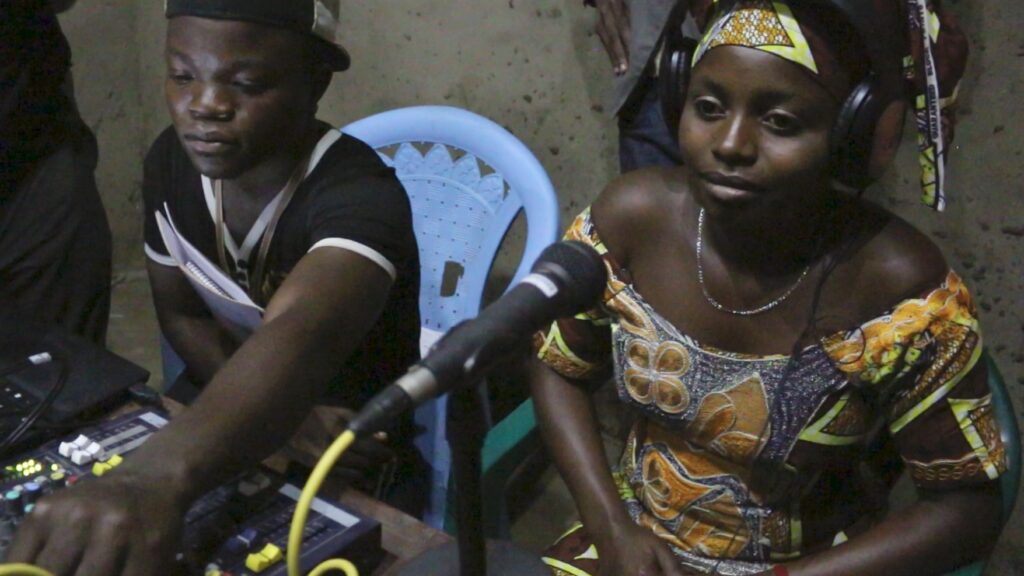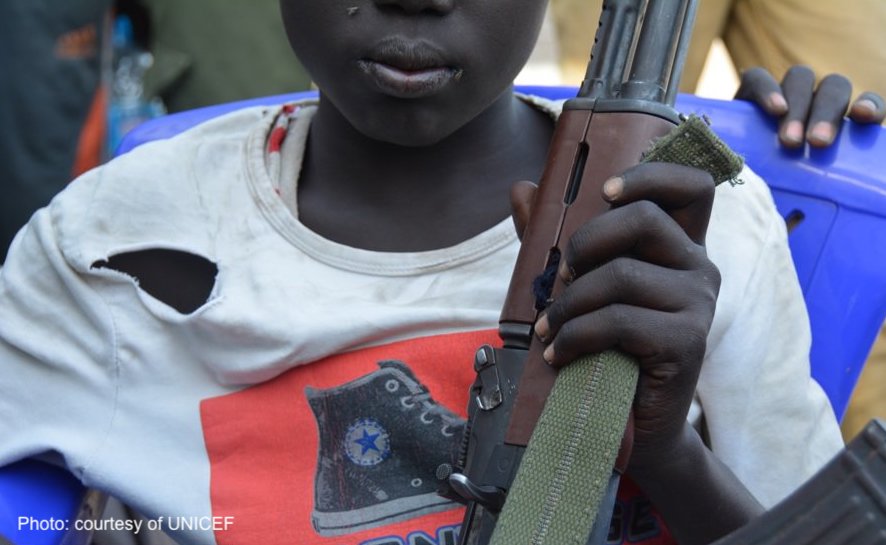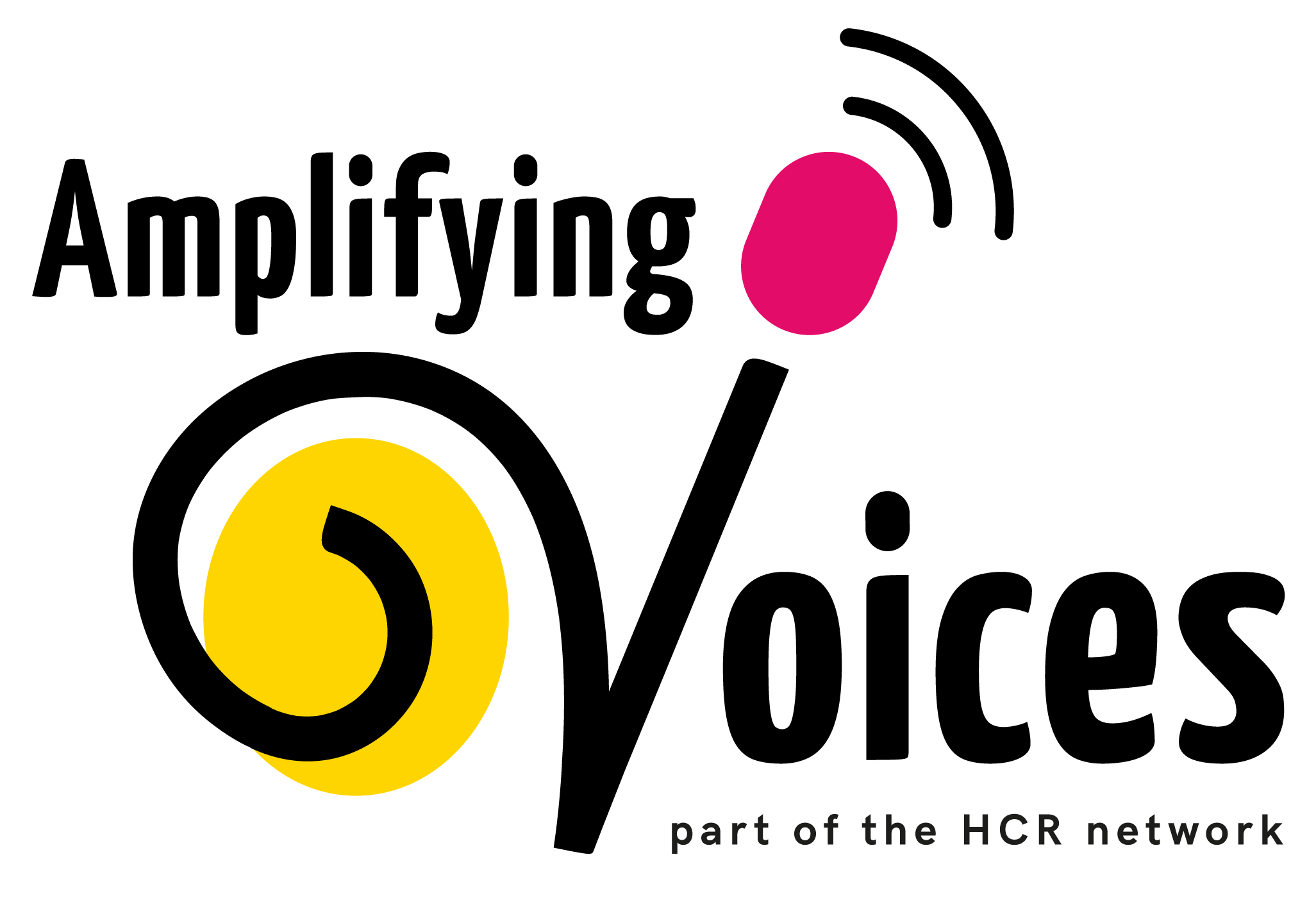
A trusted friend in times of conflict
Assessing the effectiveness of our projects can be challenging at the best of times, especially when they are in the middle of a conflict zone. The global pandemic added another layer of complexity. Last month however our colleague, Theo Hannides was able to complete a learning review of the Umoja FM project in the DRC, even in the midst of an upsurge of violence from militant groups in the Virunga National Park.
Conducting telephone interviews with key stakeholders in Watalinga district of North Kivu, through an interpreter Theo was able to learn how Umoja FM had earned the trust of the community and become a vital part of the security of the region. One informant said Umoja provided a warning system, providing critical information on when and where military activity was taking place and how the community could stay safe. “It was clear from the interviews that the station not only helped people feel more secure,” Theo said, “But it helped to promote a sense of well-being.”
One listener shared how in the past the rebels recruited children and young people to join their ranks and how the chief and community would raise awareness through house-visits, trying to dissuade them from being lured into the cruel and criminal world of the so-called ‘rebels’. Now the radio station is doing this work for them, amplifying the message and informing young people about the harsh realities of living life as a rebel, in comparison to the benefits of living in a peace-loving community. The station manager reported that their programmes had been so effective, that the army came to the station recently and congratulated them because they were no longer seeing young people being recruited from Watalinga, which was a big contrast to other districts.

Umoja FM has successfully campaigned against the recruitment of children by armed groups in North Kivu
Every day the station’s signal resonates over the verdant expanse of the Virunga National Park in the valley below and there is evidence to show that the different armed groups are listening. One producer says he is responsible for creating content that promotes peace and encourages the fighters in the forest to lay down their weapons and stop killing innocent people. But a local Christian leader believes that the station could go even further, to actually invite the militants to come in from cold and peacefully rejoin the community. He knows that such a thing would be difficult, as so much blood has been spilled and so many lives devastated. “Sometimes militants come to a health centre and loot medical equipment because they don’t have hospitals in the bush. Sometimes when they run out of food, they come and loot from local people and even kill them. But living conditions are also tough for them. The radio could encourage them to come back home.” When asked if he felt the community could forgive people who had killed, he agreed it would be difficult at first. “But like the story of the prodigal son, eventually people will say, they are our children and they have come back to us.”
